Tag: Saudi Arabia
-

What Was Accomplished in Afghanistan?
The U.S.-led intervention in Afghanistan was justified in large part by highlighting the plight of women under Taliban governance. Within the first weeks of the campaign, Hillary Clinton, Laura Bush and Cherie Blair helped spearhead a highly-effective propaganda effort to convince the public that the U.S. and the U.K. were engaged in a moral war—one…
-
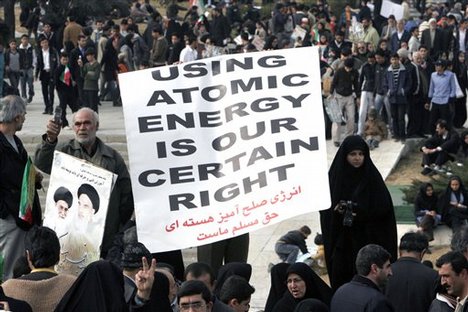
Understanding Iran’s Nuclear Intentions
Iran’s nuclear program was founded in 1957 as part of U.S. President Eisenhower’s “Atoms for Peace” initiative. As part of this deal, the United States helped provide the training, technology and infrastructure allowing Iran to become a nuclear power. It was America that built Iran’s first nuclear reactor in 1967, subsequently providing them with the…
-

Rethinking ISIL’s Immolation of Moaz al-Kasasbeh
One of the most popular narratives about ISIL’s recent immolation of Jordanian Moaz al-Kasasbeh is that the group resorted to such brutal measures against the pilot because they are desperate—pushed to the brink by coalition airstrikes. However, there are four major problems with this interpretation:
-
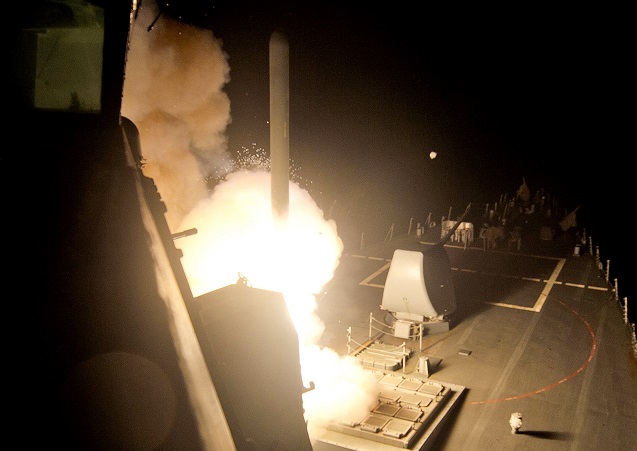
Critical Context on the U.S. Airstrikes in Syria
The Obama Administration has just announced that they and their coalition allies have begun a fierce campaign of airstrikes in Syria, bombing primarily “hard-targets” in the IS stronghold of Raqqa (about 20 of them). Here’s what is known—and perhaps more importantly—what is not known so far: “Sunni Arab” Partners The U.S. was the only non-Arab actor to participate in the…
-
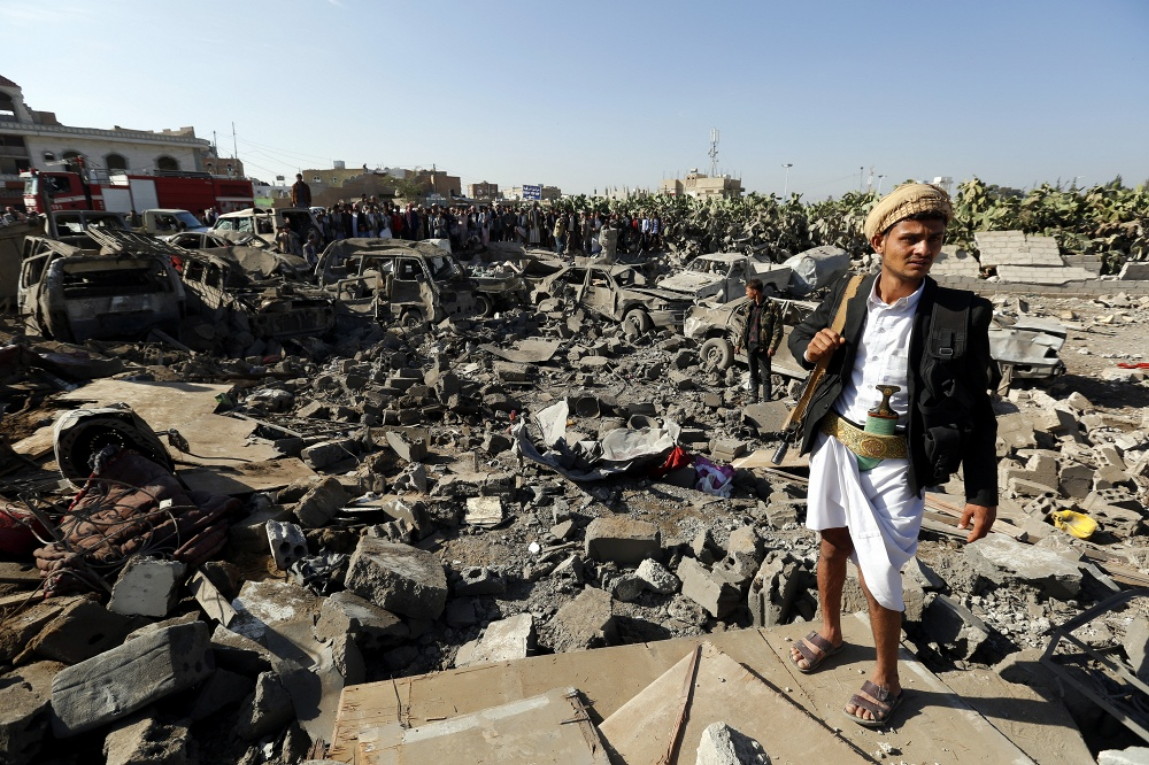
The Obama Administration’s “Yeminization” of the Mideast
Earlier this month, the White House unveiled its new foreign policy credo: “Don’t do stupid shit.” While many lamented the modesty of this approach, acting with restraint in order to limit iatrogenesis is certainly a worthy goal—and an approach with wide and enduring popular support—in fact, this is the vision most of Obama’s voters endorsed…
-
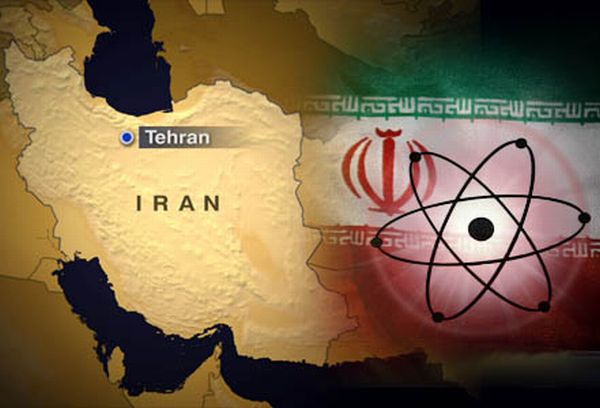
Ignorance, Xenophobia & Toxic Alliances Inform Nuclear Standoff with Iran
Initially, Bashar al-Asad had developed his chemical weapons programs as a deterrent against Israeli and Western aggression—lately, he has discovered that these arms are more of a liability than an asset, nearly provoking the very invasion they were intended to ward off. For its part, Iran has been unyielding in their condemnation of the use…
-

The Semantics of Revolution
Many in media and academic circles seem to pride themselves on having advanced beyond the “Clash of Civilizations” rhetoric that defined the aftermath of September 11th (2001). However, upon analysis is clear that the primary development has been the transformation of these frameworks into euphemistic forms: consider, for instance, the supposed conflict between the liberals…
-
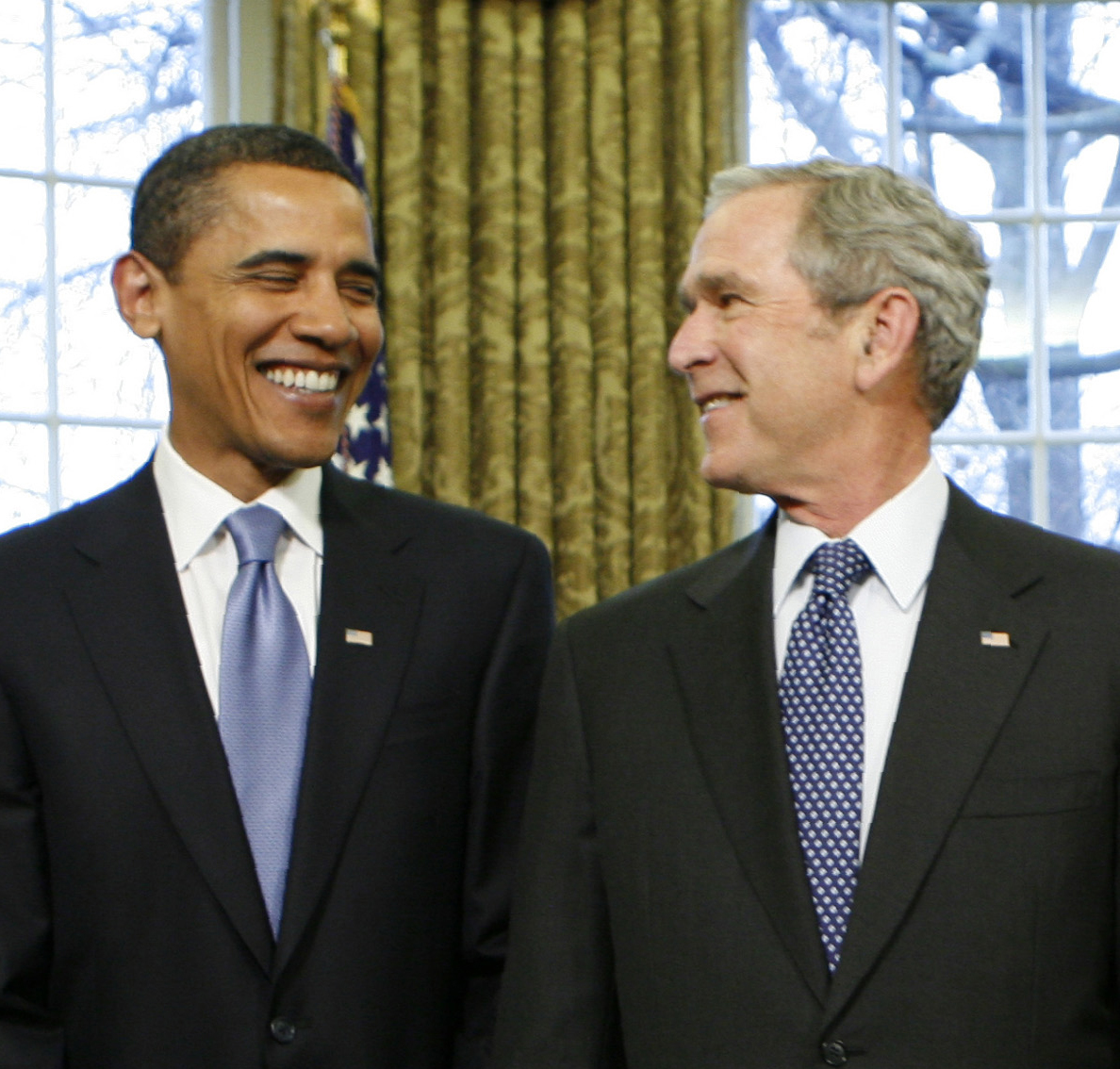
Barack Hussein Obama, Moderate Neoconservative
In early 2003, Saddam Hussein’s regional and international allies were all warning him that an American invasion was imminent. Hussein’s reply was basically, “I know Washington’s tone is getting aggressive, but they aren’t going to try to remove me. I’m the only one in the region who is really taking the fight to the terrorists…
-

The Arab Spring’s Third Wave
Insofar as it is helpful or accurate to understand the “Arab Spring” as a meta-movement which began with the December 17, 2010 self-immolation of Mohammad Bouazizi, we can break it into a few significant “waves.” The first wave of revolutions in Tunisia and Egypt were quick, peaceful and orderly, relative to the second wave with…